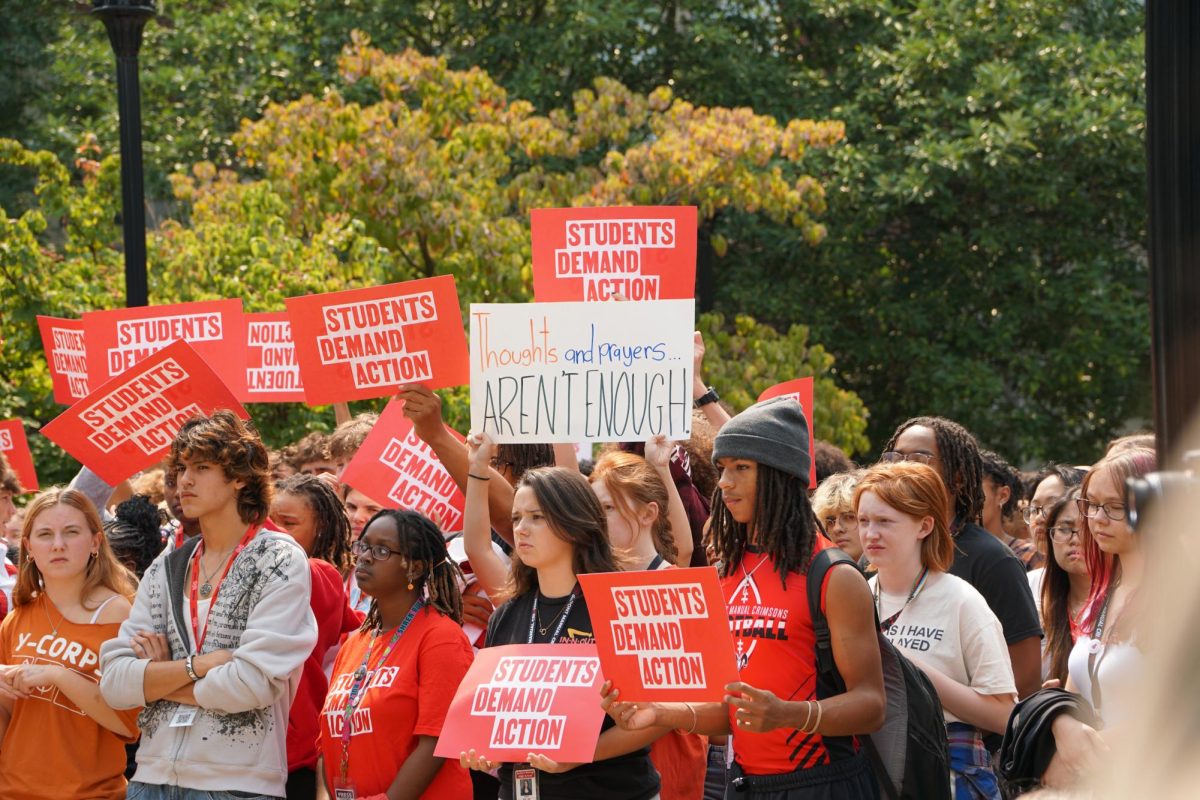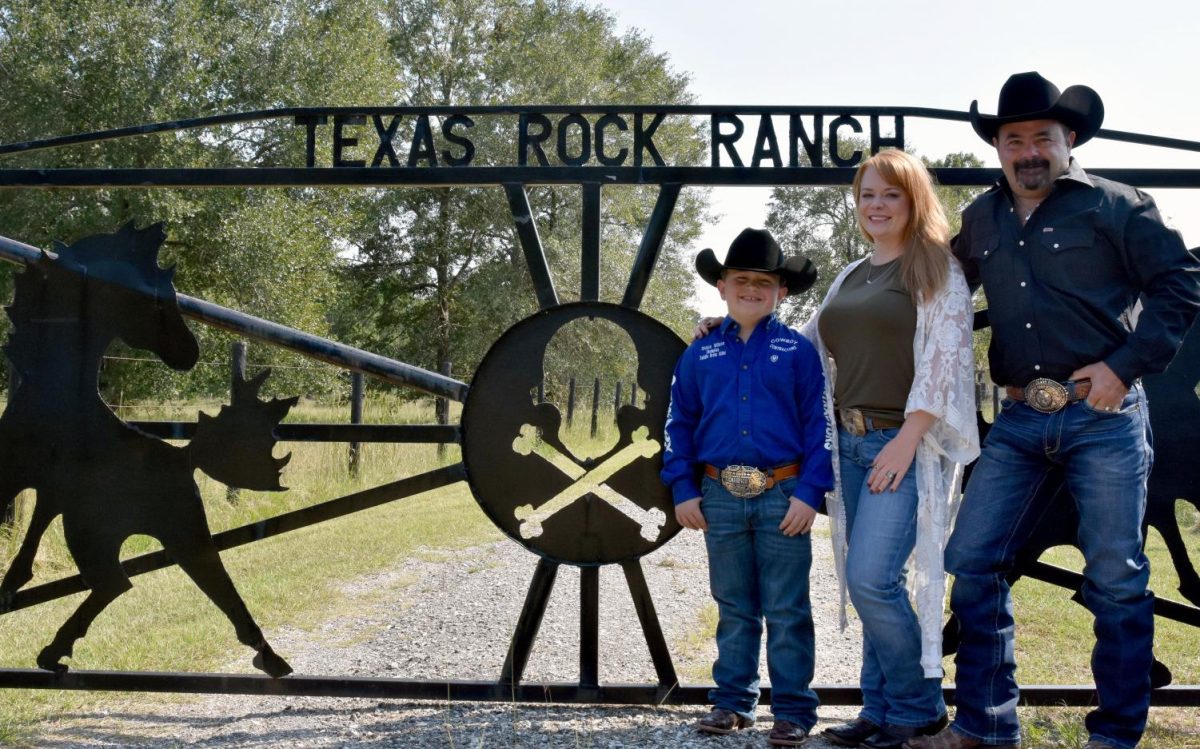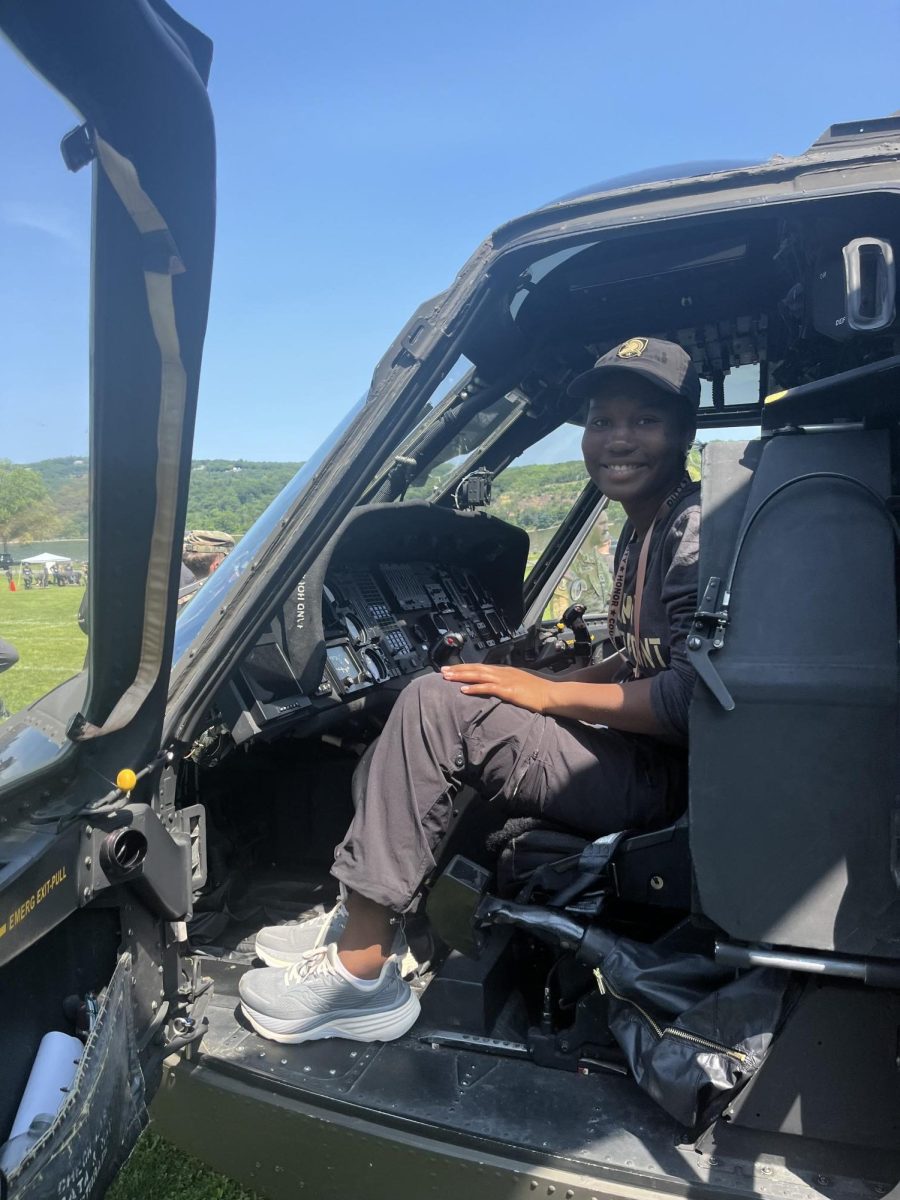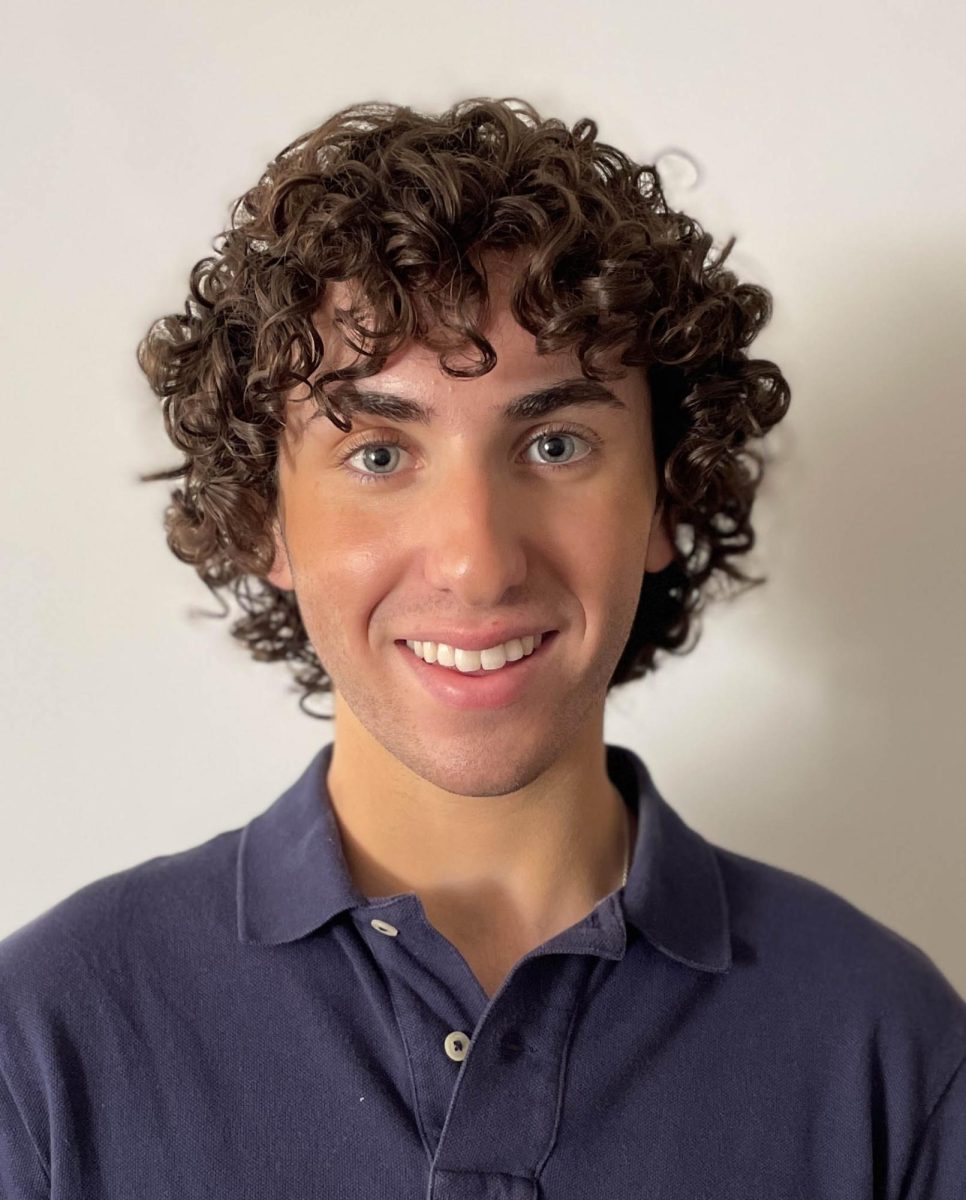Upon graduating from The Masters School in June, Eli West ’23 knew he wanted to spend time in Israel, the “Holy Land”, before heading to New York University to study Judaism.
Since late August, West has been learning and living at Yeshivat Orayta, a modern orthodox yeshiva in the heart of the Old City of Jerusalem. The institution teaches various Jewish religious texts, Jewish law, history, and philosophy. We reached him by phone last week to learn about his experience before, during and after the recent Hamas attack on Israel.
The map above shows where Yeshivat Orayata is within Israel, to provide readers with context regarding West’s location. You can zoom in or out to better understand the area. Source: Google Maps
Before Hamas’s attack on Oct. 7, West’s day consisted of morning prayers from 7:30 to 8:45 a.m., followed by class from 9:30 a.m. to 1:30 p.m., followed by a break and afternoon prayers, then more class from 3 to 6:30 p.m., then a pause followed by class from 8 to 10:30 p.m., and then evening prayers before bed.
But that schedule changed after the attack.”Fortunately, my learning has not been impacted.” West explained, “ We [Yeshivat Orayta] are so centralized in one place that we haven’t had to move about the country. But, the Israeli community is affected, so our schedule is impacted.”
He continued, “I have been babysitting, and tutoring kids whose parents have been deployed, going on grocery store runs to get food for older folks, cooking dinners for families of soldiers, mourning, and most importantly, I have been praying by reaching out to our Creator, our protector, and pleading with him to save Israel to save the people of Israel. Everyone here knows one or two – or 10 people– that are fighting in the war right now and it’s truly an experience unlike any other.”
West said he chose to do a gap year at Yeshivat Orayta in Israel for many personal reasons, one being to be more in touch with his identity. Last weekend, on the holiday Simchat Torah, (roughly translated as “ rejoicing with/of the Torah”) West became aware of the unprovoked firing from Hamas.
Amidst Shabbat and 25 hours of celebrating the holiday, West was not using his electronics. “We were [he and the other young men at his yeshiva] out on the streets and we were singing, dancing, celebrating the Torah, and stomping on these ancient Roman ruins.”
This celebration sealed the bubble of the holiday. He clarified why the stomping was so meaningful.
He said, “It was empowering because it’s saying to the Romans who conquered our land years ago: ‘We’re still here. Our Torah is still here, and our nation is still here, but where have you gone?”
West continued, “The next day, I wake up for “davening” (praying) and I look outside and there are sirens, smoke, and whispers. I don’t really know what’s going on. I hear rumors going through my program that there are Jewish families being murdered, kidnapped and raped. I hear numbers of 250, 600, 700 Jewish victims, it’s like the calculus of Satan, surely.”
West explained what happened when he became aware of the situation. He said, “I don’t know what’s correct and what’s false because I don’t use electronics on Shabbat, so I had no access to the news. All of a sudden I am hearing numbers of people who have been slaughtered and in a split second, I am reminded of my grandparents, great-grandparents…all of our ancestors upon ancestors of past generations who suffered the same episodes of violence in Europe and across the world for thousands of years. That trauma is still built into our DNA.”
He continued, “As soon as Shabbat came to an end that Saturday night, everyone rushed to their phones. Unfortunately, all the rumors that we’d heard during the day were true, and were worse than we could have ever imagined. It’s truly a living catastrophe right now,” West said.
West has worked to keep calm amidst the chaos, while being so far from his home in the United States. West said, “I have been trying to find “Simcha,” (like finding joy) through all of this horror. For example, today, I danced in the streets.”
There was a couple from New York that had their whole wedding planned in Israel. Of course given the situation, they had to cancel the event, but they still wanted to be married here, and their guests hadn’t arrived yet. West was among the hundreds of strangers that showed up on the streets to celebrate the marriage of this couple.
West explained his time at the wedding. “Since Israel is such a small country, everyone knows everyone, and the word of their wedding spread very fast. So this couple continued on their plans to get married and none of their friends were going to be there. It turned out that hundreds of these yeshiva boys—me being one of them—and seminary girls came to their wedding at the Western Wall in Jerusalem, West said. “All of us were dancing and singing, even though we didn’t know this couple,but it was such a happy occasion in the midst of all the chaos and catastrophe. It was the highlight of my week.”
Despite the violence, West does not want to leave Israel, a place he loves deeply. He said, “Something I have realized is that even in times of war, I would much much much rather be here in the homeland of the Jewish people than anywhere else that doesn’t have war. Being here makes me feel like I can help, and I actually am thanking God every single day that I’m not having to deal with the antisemitism of the diaspora. The fact that I would rather be in a bomb shelter in Israel than experiencing the anti-Semitism I experienced on my high school campus says a lot. I am extremely grateful that I’m surrounded by people—even in a war zone—that are not antisemitic, because there are a lot of ways that took a toll on my mental health much more than being in Israel in the midst of chaos.”
This story was originally published on Tower on October 19, 2023.






































